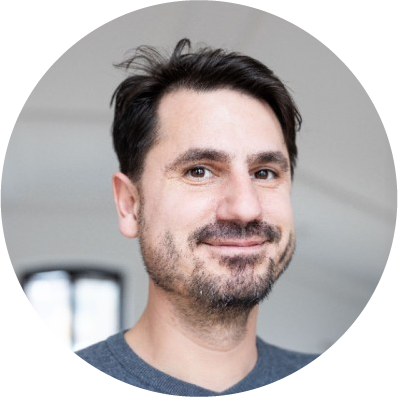Simon Hirlaender (27.02.2024)
ScaDS.AI Dresden/Leipzig announces and welcomes you to join its public colloquium session on Tuesday, February 27, 2024 at 2-3:30 p.m. CET. The colloquium takes place at the large seminar room at ScaDS.AI Leipzig (details below) and in parallel online (link to Zoom session).
Dr. Nico Scherf, MPI of Cognitive and Brain Sciences (Leipzig, Germany), invites
Simon Hirlaender
- Head of the SARL Team, IDA Lab,
- Paris Lodron University of Salzburg (PLUS), Austria
Learn how to make good decisions under uncertainty:
Reinforcement learning and the real world
The presentation introduces reinforcement learning (RL) as a key machine learning technique for tackling sequential decision problems and positions it as key to unlocking the potential for general artificial intelligence. This field, currently at the forefront of academic and practical research, is explored through the lens of its application in real-world contexts, with the control of accelerators serving as a prime example. The discussion moves from deep meta-RL to safe model-based RL strategies and how RL can be tailored to the requirements of complex, variable accelerator environments such as at CERN. Critical issues such as safety, sample utilization efficiency and system adaptability will also be addressed. The seminar emphasizes the need to further develop RL methods to cope with the difficulties and uncertainties of using these technologies in real-world scenarios and highlights the need for innovative strategies to overcome these obstacles.
About Simon Hirlaender
- Pursues application-oriented basic research in machine learning, statistics and control theory
- Main focus on reinforcement learning, besides that also on multivariate time series and analytics as well as Bayesian methods
- Visiting scientist at CERN (Geneva, Switzerland), his former PhD site
Location
ScaDS.AI Leipzig
Löhrs Carré, Humboldtstrasse 25, 04105 Leipzig
3rd floor, large seminar room (A 03.07 „Zwenkauer See“)
In parallel online via Zoom (for the link see above, during the session only)



